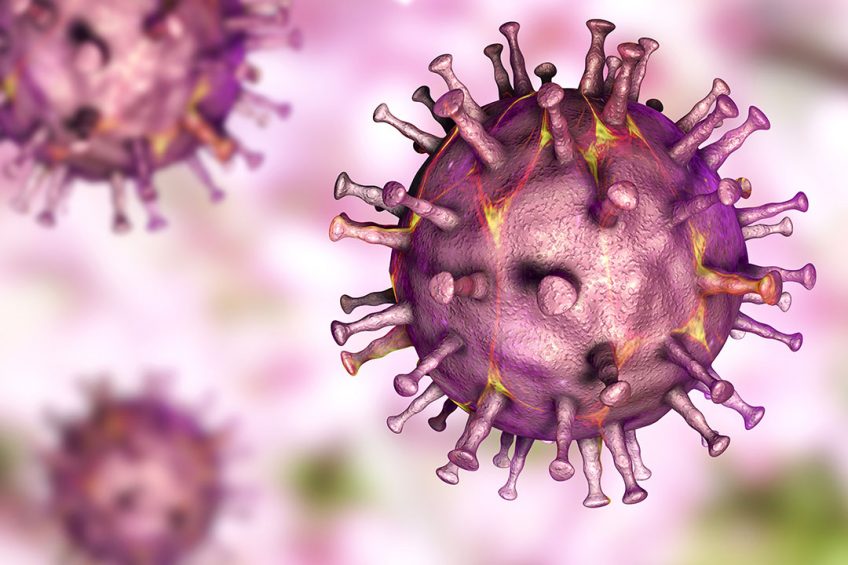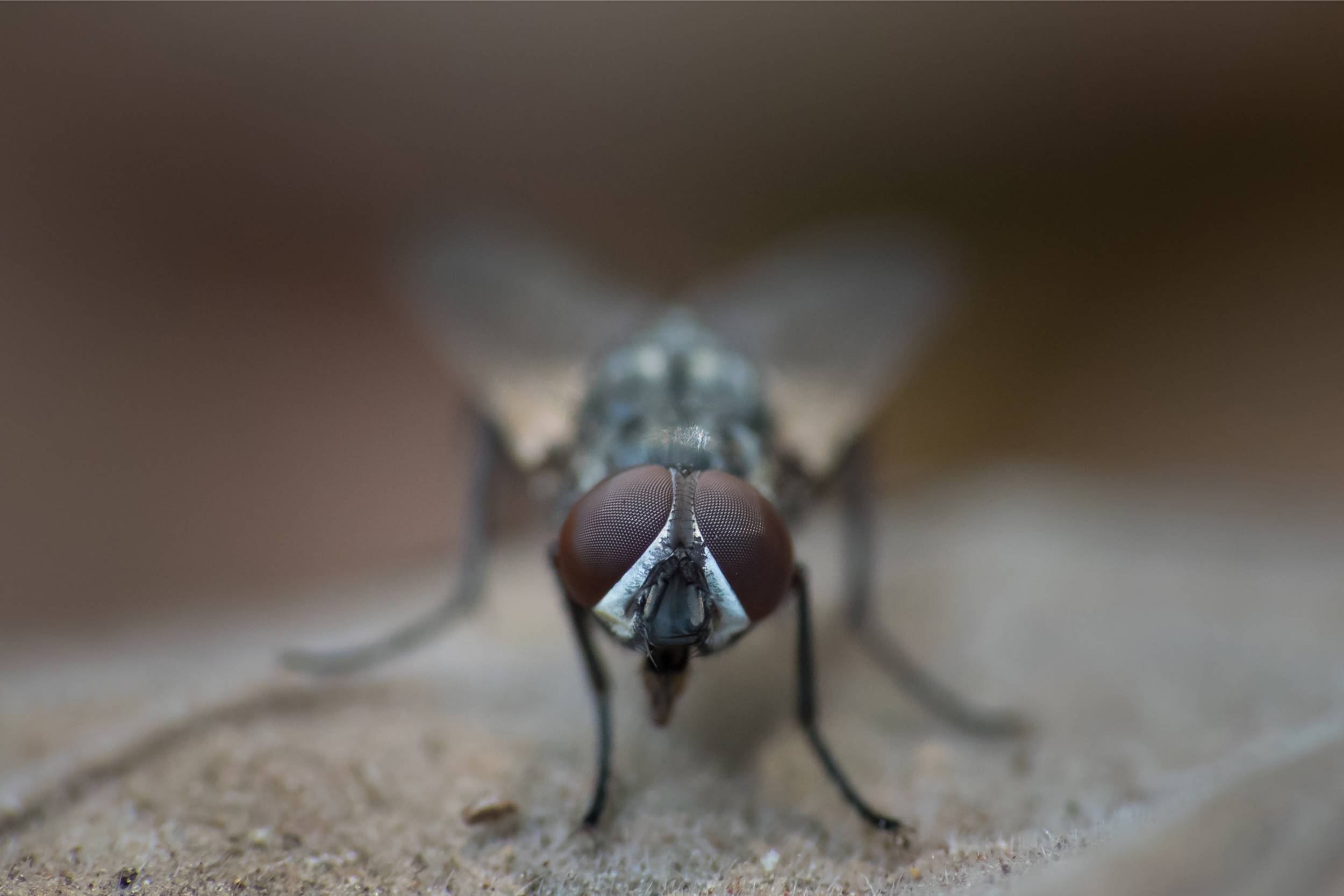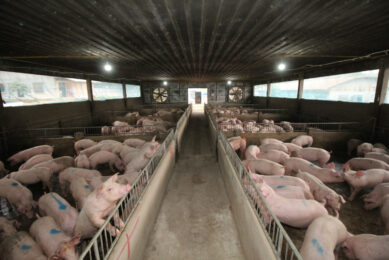Sterile immunity possible against ASFv, US scientists say

Researchers at the USDA’s Agricultural Research Service (ARS) state they have created a vaccine that can deliver sterile immunity against African Swine Fever.
That was stated in an article, made available at Biorxiv, a preprint server for biology which contains articles which have not been certified by peer review. The website allows scientists to make their findings available immediately and receive feedback before submission to journals.
Previously uncharacterised virus gene
The essence of the American finding is that they discovered what they describe as “a previously uncharacterised virus gene” I177L, which when deleted completely attenuates the Georgia isolate. That isolate is an ASFv field isolate provided to the research team by the laboratory of the ministry of agriculture (LMA) in Tbilisi, Georgia.
In the abstract of the article, the scientists write that it is one of the few experimental vaccine candidate virus strains reported to be able to induce protection against the ASFv Georgia isolate, and the 1st vaccine capable of inducing sterile immunity against the current ASFv strain responsible for recent outbreaks.
ASFv genotype II in Europe and Asia
Current outbreaks going on in Europe and Asia show that the genotype of the current outbreaks is genotype II. Limited cross protection studies suggest that in order to ensure a vaccine is effective it must be derived from the current outbreak strain or at the very least from an isolate with the same genotype.
The vaccine candidate was given the name ‘ASFV-G-ΔI177L’. The researchers wrote: “Animals inoculated intramuscularly with the virus lacking the I177L gene, in a dose range of 102 to 106 HAD50 remained clinically normal during the 28-day observational period. All animals infected with this variety of the virus had low viraemia titres, showed no virus shedding, developed a strong virus-specific antibody response and, importantly, they were protected when challenged with the virulent parental strain ASFv-G.”
Conferring protection to ASFv even at low doses
The researchers wrote that currently there are no commercially available vaccines against ASF. The current vaccine candidate, however, “confers protection even at low doses (102 HAD50) and remains completely attenuated when inoculated at high doses (106 HAD50), demonstrating its potential as a safe vaccine candidate. At medium doses (104 HAD50) sterile immunity is achieved.”
They concluded: “Therefore, ASFv-G-ΔI177L is a novel efficacious experimental ASF vaccine protecting pigs from the epidemiologically relevant ASFv Georgia isolate.”
In a reaction on the website OneZero, one of the authors Douglas Gladue was quoted to be ‘pretty excited’. He said: “I think it will be possible to commercialise the vaccine.”
The article was authored by Manuel V. Borca, Elizabeth Ramirez Medina, Ediane Silva, Elizabeth Vuono, Ayushi Rai, Sarah Pruitt, Lauren G. Holinka, Lauro Velazquez Salinas, James Zhu, Douglas P. Gladue, all attached to the Agricultural Research Service (ARS) at the Plum Island Animal Disease Center, Greenport, NY, United States. The ARS is part of the United States Department of Agriculture (USDA).











